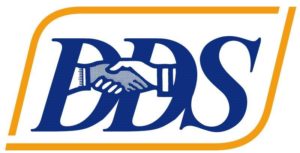Napa County: includes links to library, county agencies, etc.
Napa County Health and Human Services :Napa County health and social service departments
Napa C0unty Mental Health offers community-based mental health services in partnership with regional organizations, individual providers and hospitals. Our integrated system delivers a broad range of services to individuals in need of mental health care.
School Districts
Napa County Office of Education provides a flexible, county-wide educational resource offering a broad range of student services in response to changing community needs; to support and collaborate with local school districts, and to disseminate research-based best practices to educators locally and statewide.
Support & Advocacy
ParentsCAN a professional, parent-led organization that helps families of children with special needs.
First 5 is creating a sustainable community commitment and framework that gives children the chance to become physically and emotionally healthy, ready to learn, and able to achieve their greatest potential in school and in life.
Disability Services and Legal Center Advancing the rights of people with disabilities to equal justice, access, opportunity and participation in our communities.
Area IV Board ensures that individuals with developmental disabilities and their families participate in the planning, design and receipt of the services and supports they need which promote increased independence, productivity, inclusion and self-determination.
Housing Authorities
City of Napa Housing Authority Need housing information? This is the place to find out about affordable housing, street paving, water bills support and much much more.
Napa County Affordable Housing Taskforce includes links to all City Housing Elements (Calistoga, St.Helena, American Canyon and Napa)
Community Resources
Community Action Napa Valley believes all families and individuals have equal opportunity to access community resources that lead to and support self-sufficiency.
Napa Valley Kid resources for early care and education.
COPE Family Center resources and support for families.
Child Start providing Napa & Solano Counties with NO COST Infant/Toddler & Preschool Services






